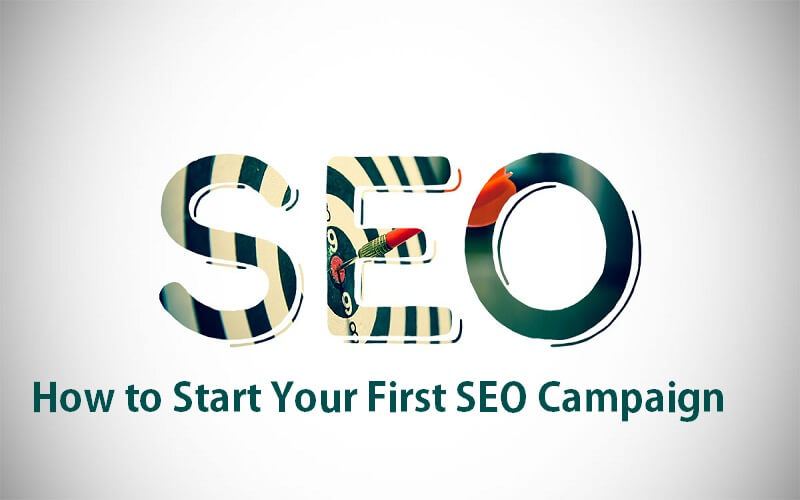SEO, or Search Engine Optimization, is an important marketing strategy for many businesses and individuals. SEO is to get your website to appear as high as possible in relevant search results to drive more traffic to your website. Since most users don’t go past the first page of search results, website owners and marketers need to get their websites on that first page. If you’re interested in doing this, you need a strong SEO campaign. Below, we’ll outline the key steps for starting your first SEO campaign.
Conduct Keyword Research
The first step of a successful SEO campaign is keyword research. Keywords are the words or phrases that users type into a search engine. Conducting keyword research lets, you discover what keywords users are searching for related to your website.
You’ll likely want to use a keyword research tool to conduct keyword research. Many options are available, and they can make the research process much easier. With a keyword research tool, you can discover the most popular keywords related to your niche and which keywords are the easiest to rank for.
For example, if you run a website that sells shoes, you may think that you want to rank for the keyword “buy shoes online.” However, after conducting keyword research, you discover that many of the major shoe brands already target this keyword, making it very difficult for your website to appear. You then go through the suggested keywords and find that while “find affordable running shoes online” gets less traffic, it’s also much easier to rank for.
Spend time researching and creating a list of keywords you want to target. Take into account the monthly search volume along with difficulty for those keywords. Finally, consider the intent behind those search terms and ensure that it aligns with your brand.
Optimize Your Website
After you have your list of keywords, you can then move on to optimizing your website for search engines. Optimizing your website includes adding those keywords in strategic locations throughout your website. For each page of your website, you should have primary and secondary keywords that you want to target. After identifying these keywords for each page, there are strategic locations to include them.
The most important area is the title of the page. This is typically the large text appearing at the page’s top. You’ll also want to include the keyword in the page’s title tag, which is the text that appears in your browser bar. Finally, you’ll want to include the keywords a few times throughout the text on that page. When search engines browse your page, they’ll make a note of these keywords and boost you in the rankings for related searches.
Target Keywords with Blog Posts
After optimizing your current website, you can then move on to targeting new keywords. Go through your list of keywords and see which ones you haven’t targeted yet but would like to. You can then start to create blog posts centered around these keywords. You can make a post for each keyword or group similar keywords together and try to rank for multiple keywords with a single post.
In your blog posts, be sure you’re optimizing your pages as you did with your website. Include the keywords in the page headings and subheadings and throughout the content. You can also include your keywords in your image tags or descriptions, as this may help you rank in image search results.
Track Results and Make Changes
Finally, your work isn’t finished once you optimize your website. It’s important to implement a system where you can track your progress and ensure your SEO strategy is working. You should be able to track your rankings in search results and see if they’re improving over time. You should also track what keywords people are using to find your website so that you can adjust the words you target over time. Many website traffic tools can help you do this and help optimize your SEO strategy going forward.
Start Your SEO Strategy Today
Search Engine Optimizing isn’t something you can accomplish overnight; it takes time to implement and see the benefits. This is why it’s important to start as soon as you can. The above steps are just a small taste of what it takes to run a successful SEO strategy. If it sounds like a lot to you, consider hiring an SEO specialist or team to manage it for you. Either way, SEO is too important of a marketing tool to ignore entirely, so get started on your campaign as soon as possible, and your business will thank you for it.



